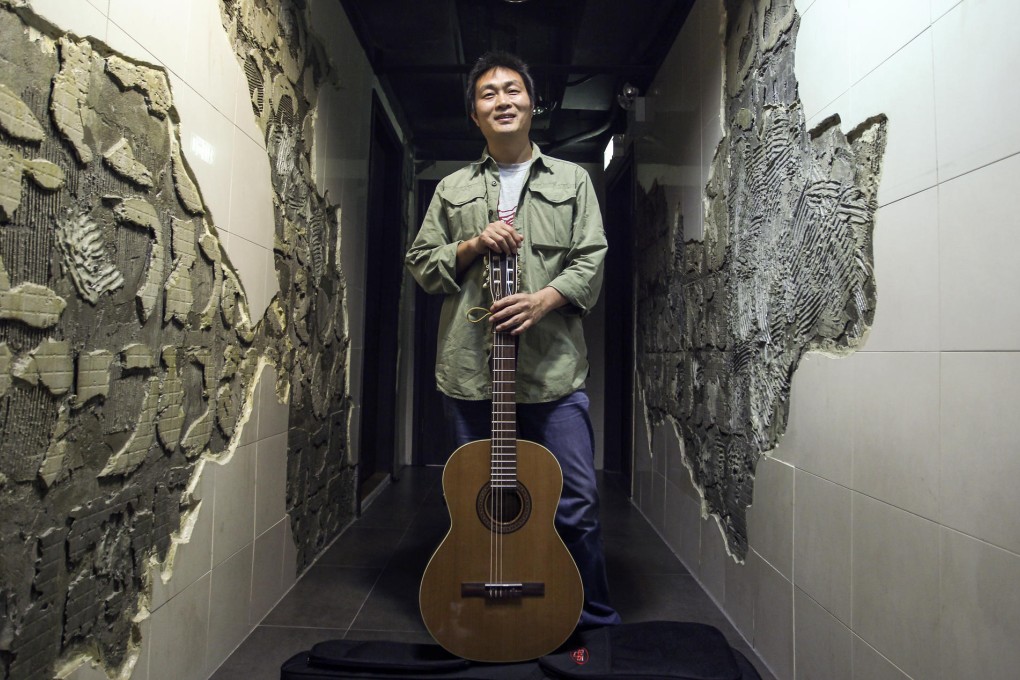The musician who became a champion of migrant workers
Musician, migrant and workers' champion, Sun Heng has taken a road less traveled. Bernice Chan learns about his journey

Like many young people on the mainland, Sun Heng left his hometown to pursue his dreams. He loved music and had vague ideas about travelling across the country to sample different ethnic sounds and becoming a performer. He achieved that goal, forming the New Worker Art Troupe, a band which gave a voice to the country's millions of migrant workers.
In the process of making music, Sun, now 39, became their champion: he set up a school in Beijing for the children of migrant workers who were not allowed to attend public institutions, a community centre, a museum and, in 2009, a centre where workers can go to pick up skills that could lead to better paying jobs.
We had all these nice buildings in the city, but never knew who built them. From then on I decided to sing about the workers
Particularly concerned about second-generation migrants who were born in cities but stuck in low-paying jobs because they had little education, Sun and his friends figured one solution was to provide practical courses in areas such as computer literacy and graphic design.
"Once they begin working in a factory, they rarely have a chance to retrain in new skills, so we founded this training centre. It is not a formal academic university, but rather a social knowledge platform," says Sun.
Founder of NGO the Beijing Migrant Workers' Home, Sun was invited to Hong Kong in May by Oxfam to help raise awareness about the plight of the estimated 263 million mainland migrant workers whose contribution to China's remarkable growth in the past 20 years is rarely acknowledged.
It wasn't quite the role Sun envisaged when he arrived in Beijing about 15 years ago.